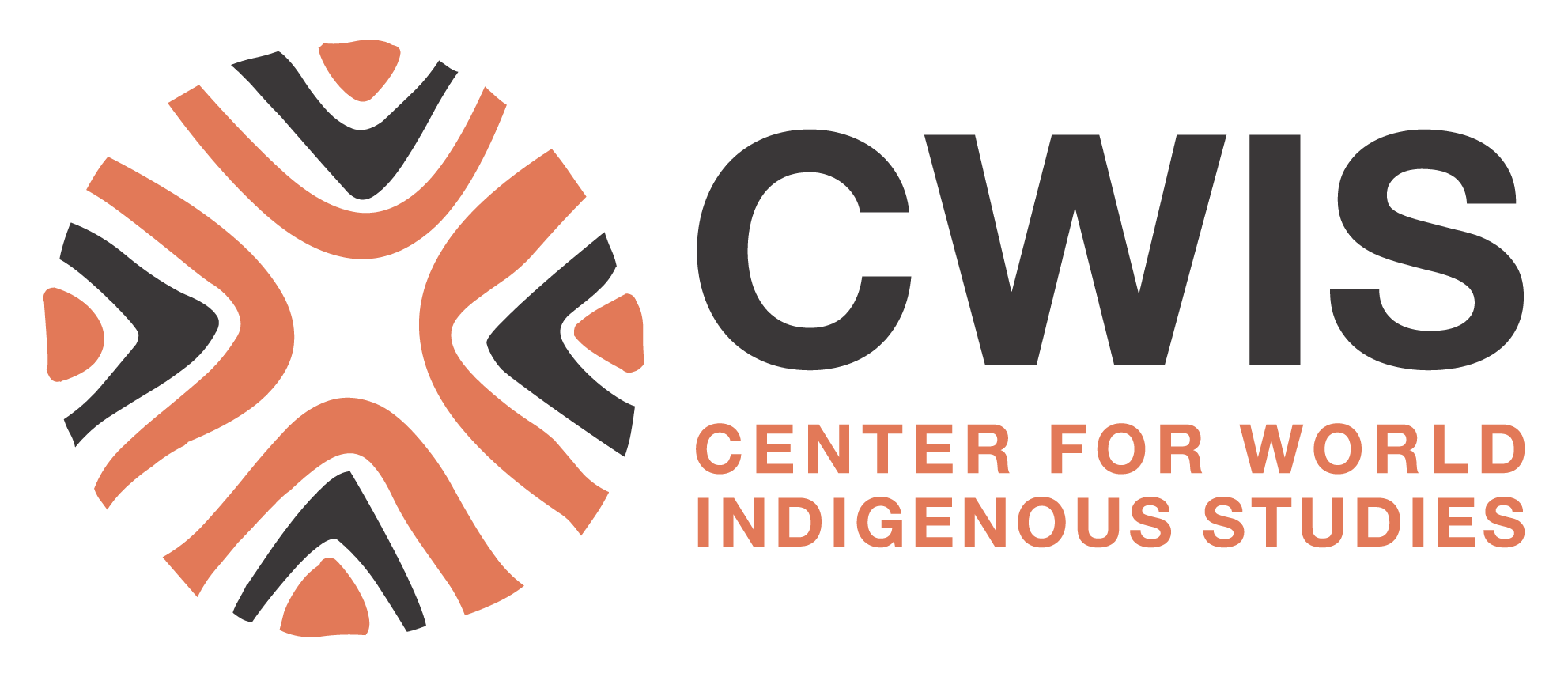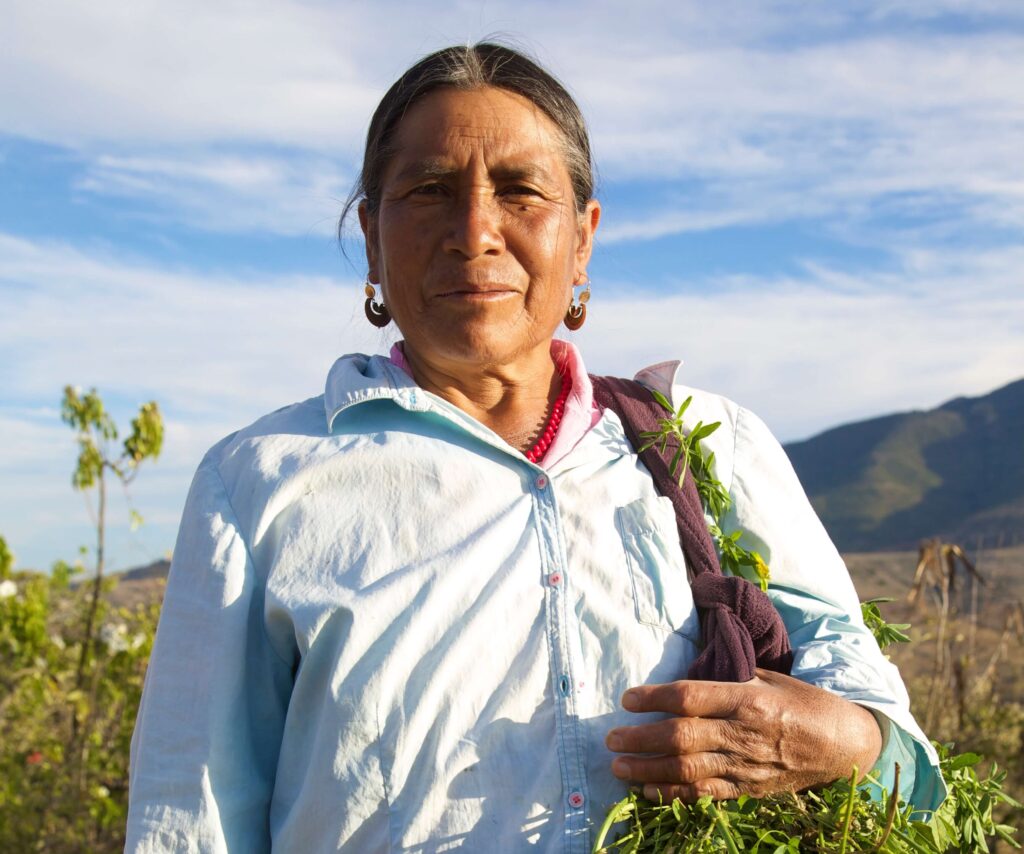


Across Indigenous communities around the world, women are at the heart of traditional medicine. As healers, midwives, spiritual leaders, and keepers of botanical and ecological knowledge, their work nourishes individual health and the health of entire communities.
Today, this work faces serious challenges. Globalization, environmental degradation, colonization, and economic pressures all threaten the transmission and practice of traditional knowledge. Yet women continue to adapt, resist, and innovate, ensuring that these life-giving traditions endure.
The Fourth World Journal (FWJ) is proud to announce a two-part special edition dedicated to honoring the role of women in traditional medicine. We invite practitioners, scholars, activists, artists, and community members to contribute their voices to this vital conversation. Your stories, experiences, and reflections are needed now more than ever.
For countless generations, women have nurtured physical, emotional, and spiritual health through traditional medicine practices deeply rooted in the rhythms of their environments. Their knowledge—often shared orally, through ceremony, apprenticeship, and daily living—connects healing with land, culture, identity, and spirit.
Women’s practices vary greatly across communities and regions, but they share common threads: an emphasis on holistic well-being, an intimate relationship with local plants and landscapes, and a profound commitment to caring for the next generation. Whether offering guidance as midwives, preparing sacred medicines, leading rituals, or tending to community gardens, women’s work sustains communities in visible and invisible ways.
Despite this, women’s roles in traditional medicine are frequently overlooked or undervalued. In many contexts, their contributions have been marginalized by formal healthcare systems, colonial narratives, or policies that fail to recognize Indigenous knowledge. Bringing visibility and respect to women’s healing practices is crucial for cultural survival and for reimagining healthier futures.
Traditional medicine is more than treating illness—it is a way of living that embodies deep relationships with land, water, ancestors, and future generations. Supporting women who uphold these practices is an act of cultural, ecological, and spiritual preservation.
Women healers face intersecting forms of discrimination, including gender-based violence, land dispossession, and the devaluation of Indigenous languages and epistemologies. These challenges can make it difficult to pass on their knowledge to younger generations or to practice openly within their communities.
When we support women practitioners, we are protecting ancient wisdom and also defending Indigenous rights, community autonomy, and environmental stewardship. Their leadership offers models of resilience and sustainability that the world urgently needs.
This special issue seeks to create space for these voices, to listen to their stories, and to honor their profound contributions.
We welcome submissions that reflect the diversity and richness of women’s involvement in traditional medicine. Possible themes include, but are not limited to:
We encourage work that respects and uplifts Indigenous epistemologies, expressed through storytelling, scholarship, art, and activism.
We recognize that Indigenous knowledge is expressed in many forms— through academic writing, story, art, practice, and lived experience. For this special edition, we welcome contributions from a wide range of voices and traditions.
Submissions may include:
All submissions should be original, unpublished work. Contributors are encouraged to reflect on local practices, personal experiences, and the broader contexts shaping traditional medicine today.
Please ensure that submissions respect Indigenous knowledge protocols and include proper consent when referencing community experiences or individual stories.
Deadlines:
Submission portal and details: View the full Call for Papers
For over 40 years, the Center for World Indigenous Studies (CWIS) has amplified Indigenous voices and issues globally. The Fourth World Journal (FWJ) provides a platform for research, commentary, and analysis on the experiences of over 5,000 Fourth World Nations, representing 1.9 billion people. Through the FWJ, CWIS remains committed to centering Indigenous perspectives and advancing conversations that honor Indigenous knowledge, self-determination, and resilience.
This call is open to a wide range of voices—not only academic researchers but also traditional practitioners, midwives, elders, and women working in community-based health and healing.
We recognize that meaningful knowledge is not always shared in academic language. If you have experience, insight, or stories connected to traditional medicine, your voice is important. Whether you’re reflecting on your own healing practice, sharing a community story, or offering critical insight into the challenges women face in this work—we encourage you to contribute.
Your submissions will help elevate the global conversation about Indigenous women’s roles in healing, resilience, and the preservation of cultural knowledge.
The library is dedicated to the memory of Secwepemc Chief George Manuel (1921-1989), to the nations of the Fourth World and to the elders and generations to come.
access here